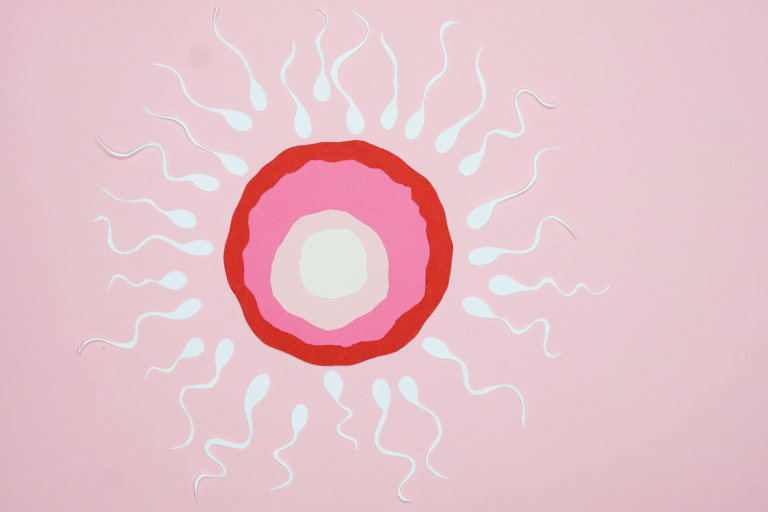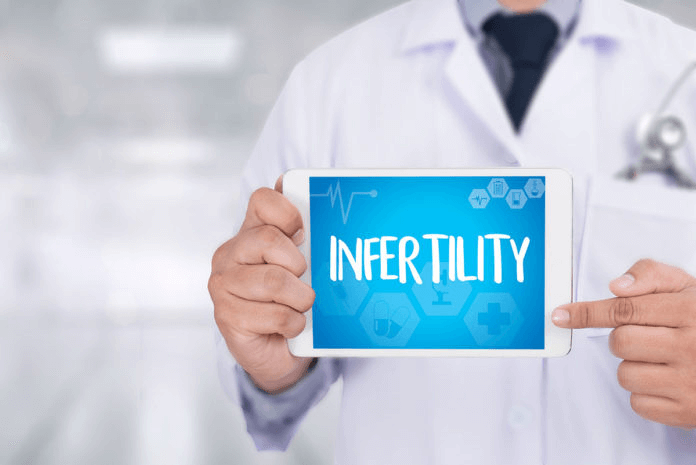Nutritional regimen to promote healthy eggs and sperm.

Unlocking Fertility: A Comprehensive Guide to Optimal Nutrition
In the quest for conception, nutrition plays a pivotal role, impacting not only general health but also fertility. The journey towards parenthood begins with what we consume, as the body harnesses nutrients to repair cells, regulate hormones, and cultivate the ideal environment for healthy eggs and sperm. Understanding the nuances of dietary choices can significantly enhance fertility prospects, paving the way for a smoother conception journey.

Image credit: RDNE Stock project
The Foundation of Fertility: Good Nutrition
The adage “you are what you eat” holds particularly true when it comes to fertility. A well-rounded diet, rich in essential nutrients, serves as the cornerstone for reproductive health. Contrary to popular belief, achieving optimal nutrition does not necessitate sacrificing culinary delights; rather, it entails striking a balance between indulgence and nourishment. Moderation emerges as the guiding principle, allowing occasional treats while prioritizing wholesome, nutrient-dense foods.
The Role of Macronutrients in Fertility
Macronutrients, comprising proteins, carbohydrates, and fats, constitute the building blocks of a fertility-boosting diet.
Proteins: Vital for maintaining blood sugar balance and facilitating cellular repair, proteins are indispensable for reproductive health. Opt for diverse protein sources such as oily fish, eggs, legumes, nuts, and seeds to ensure a steady supply of essential amino acids.
Carbohydrates: Distinguishing between complex and simple carbohydrates is crucial in optimizing fertility. Prioritize complex carbohydrates found in whole grains, vegetables, and legumes, while limiting intake of simple carbohydrates like refined sugars. Whole grains, in particular, offer a treasure trove of fertility-enhancing nutrients such as zinc, selenium, and B vitamins.
Fats: Dispelling misconceptions surrounding fats, it’s imperative to discern between harmful saturated fats and beneficial unsaturated fats. Essential fatty acids derived from nuts, seeds, and oily fish play a pivotal role in hormonal balance and reproductive function. Avoid trans fats present in processed foods, opting instead for sources of unsaturated fats like olive oil and avocados.
Micronutrients: Building Blocks of Fertility
In addition to macronutrients, an array of micronutrients wield considerable influence over fertility outcomes. From vitamins to minerals, each nutrient plays a distinct role in nurturing reproductive health.
Vitamin A: Crucial for embryonic development, vitamin A fosters the growth of a healthy embryo. Incorporate beta carotene-rich foods such as carrots, tomatoes, and leafy greens to fulfill vitamin A requirements safely.
B Vitamins: From B6 to B12, the B vitamin complex is indispensable for reproductive health. Ensuring adequate intake of sources like eggs, leafy greens, and whole grains can mitigate the risk of miscarriage and support placental development.
Folic Acid: Renowned for its role in preventing neural tube defects, folic acid assumes newfound significance in the realm of fertility. While natural sources abound, supplementation is often recommended during the preconception period to safeguard maternal and fetal health.
Vitamin C and E: As potent antioxidants, vitamins C and E exert protective effects on reproductive tissues, bolstering both male and female fertility. Embrace a colorful array of fruits and vegetables to harness the fertility-boosting potential of these vitamins.
Minerals: From zinc to selenium, minerals wield considerable influence over reproductive health. Zinc, in particular, is indispensable for sperm production and hormonal regulation, emphasizing the importance of incorporating zinc-rich foods like eggs, seafood, and legumes into the diet.
Hydration: The Unsung Hero
Amidst the spotlight on macronutrients and micronutrients, hydration often languishes in the shadows. Yet, adequate water intake is indispensable for hormonal balance, nutrient transportation, and toxin elimination. Aim for at least 1.5 liters of water daily, supplemented by herbal teas to enhance hydration levels.
Navigating Dietary Pitfalls
While embracing a fertility-focused diet, it’s imperative to steer clear of dietary pitfalls that could undermine reproductive health.
Caffeine: Despite its ubiquitous presence, caffeine warrants scrutiny in the context of fertility. Research suggests a potential link between caffeine consumption and adverse fertility outcomes, necessitating moderation or complete avoidance to optimize conception prospects.
Alcohol: An unequivocal deterrent to fertility, alcohol exerts deleterious effects on sperm and egg quality. Eschewing alcohol is imperative for both men and women embarking on the path to parenthood, safeguarding against reproductive complications.
Organic Foods: Pesticide exposure poses a significant threat to reproductive health, underscoring the importance of opting for organic produce whenever feasible. Organic foods boast higher nutrient levels and are devoid of endocrine-disrupting chemicals, offering a safer alternative for fertility-conscious individuals.
Conclusion: Empowering Fertility Through Nutrition
In the pursuit of parenthood, nutrition emerges as a powerful ally, shaping the landscape of fertility with each dietary choice. By prioritizing nutrient-rich foods, steering clear of dietary pitfalls, and embracing holistic wellness practices, individuals can optimize their reproductive potential and embark on the journey towards parenthood with confidence.
Read more: 10 Foods To Improve Female Egg Quality






